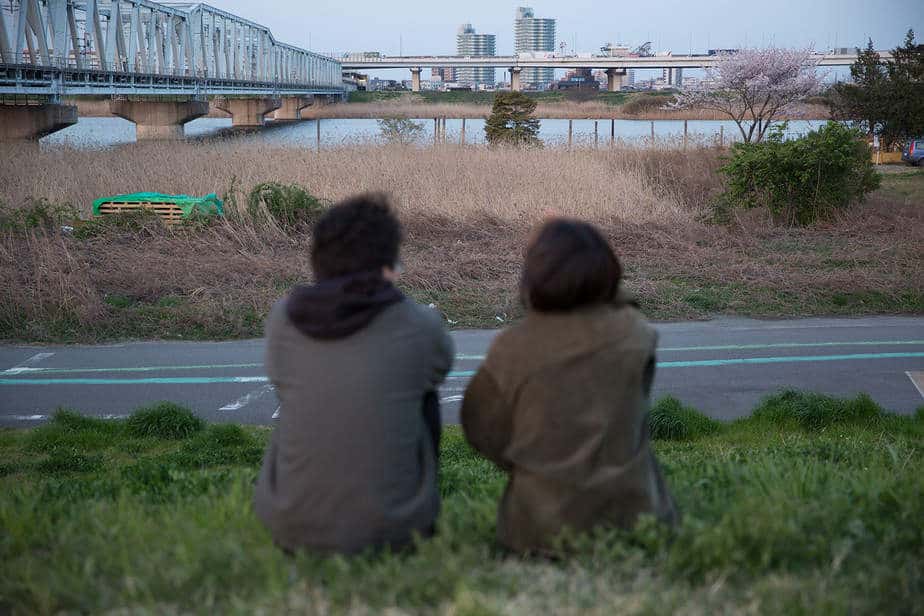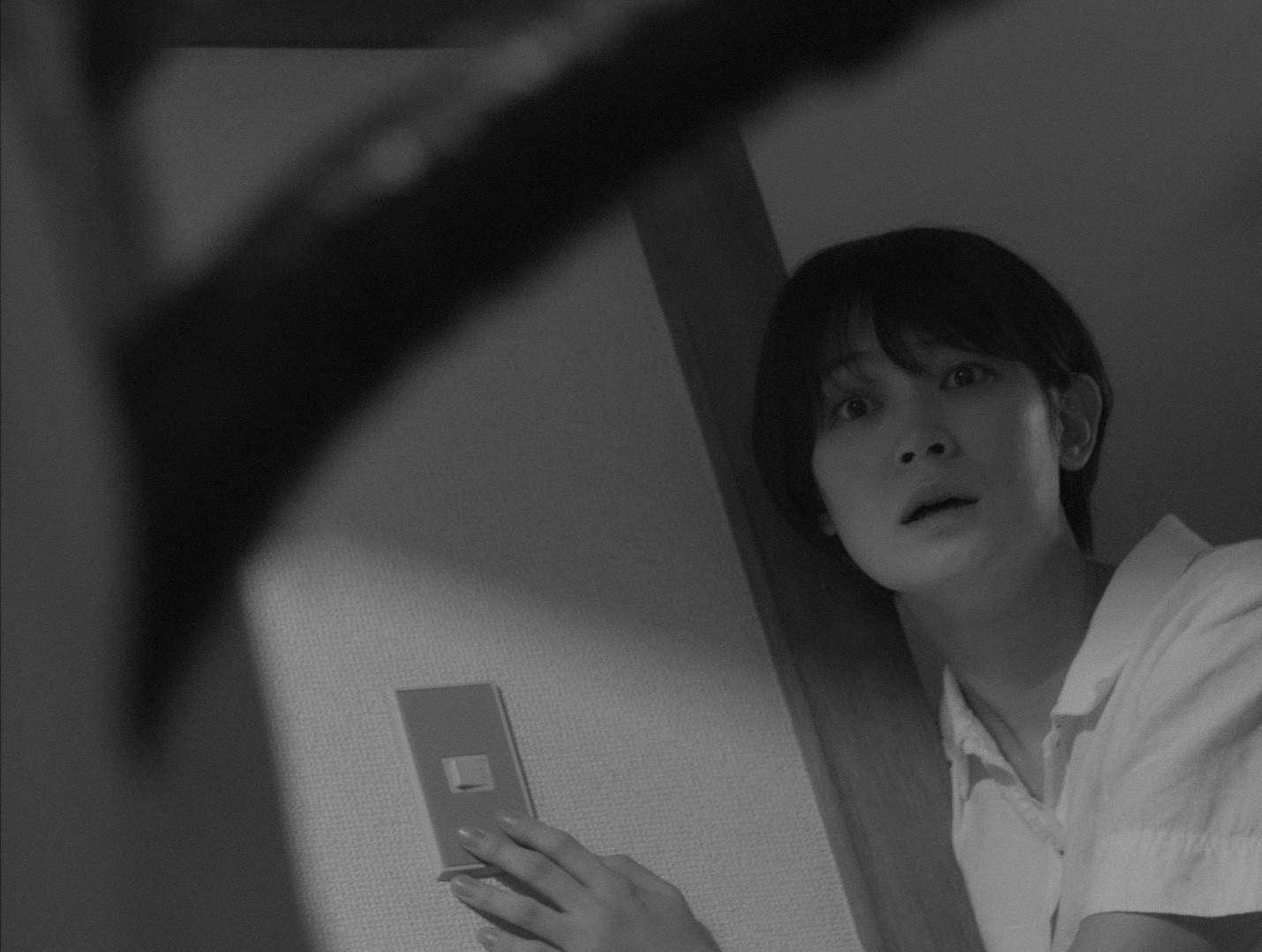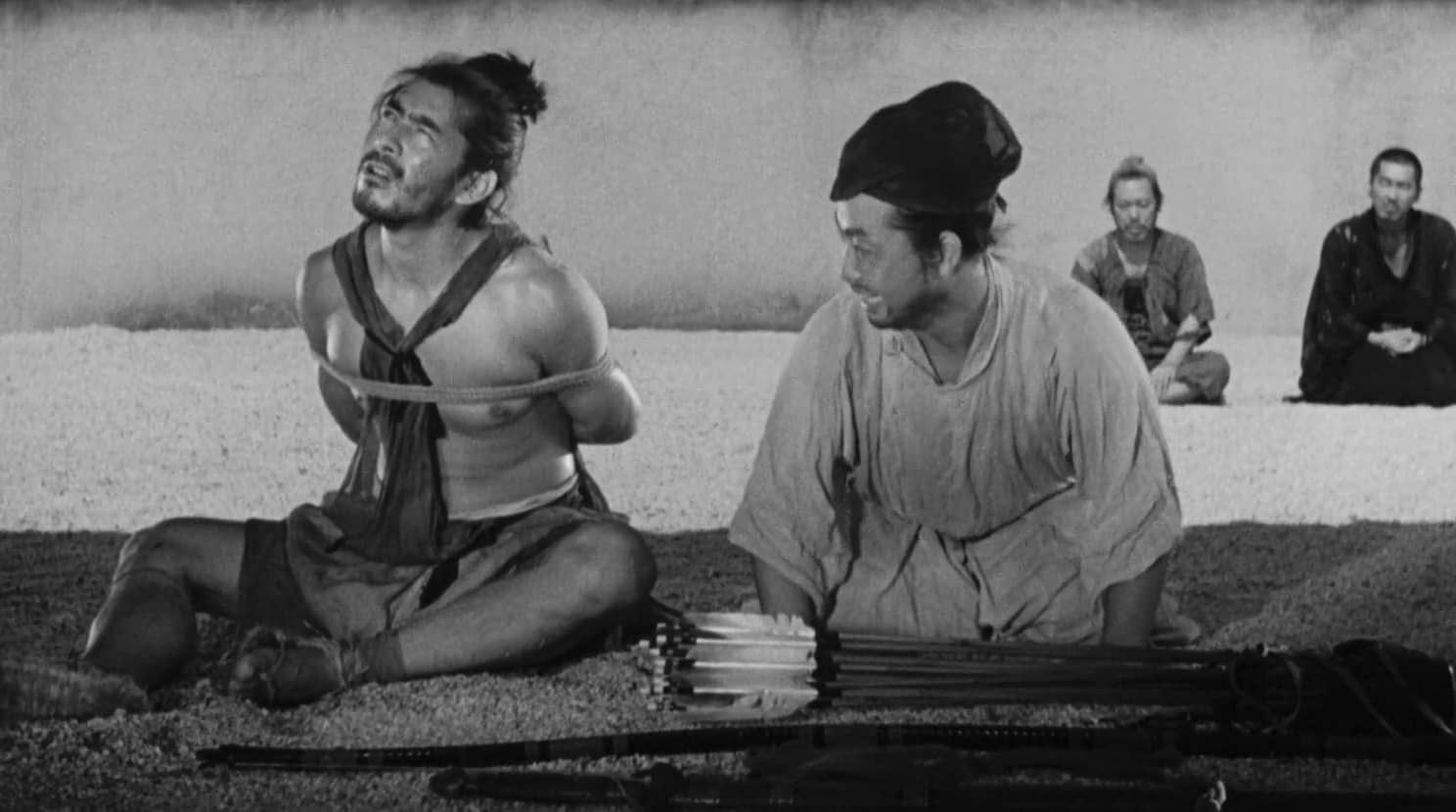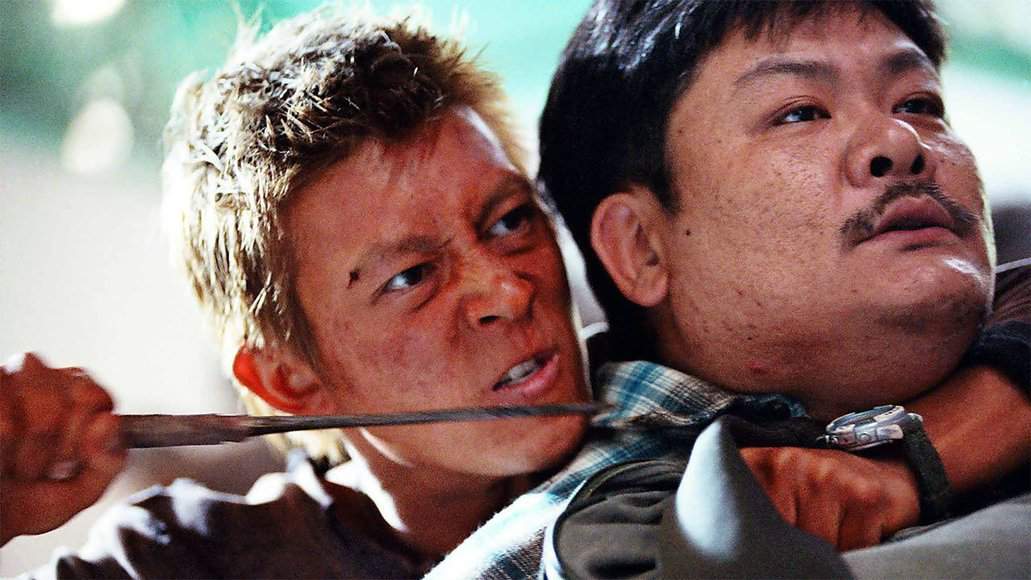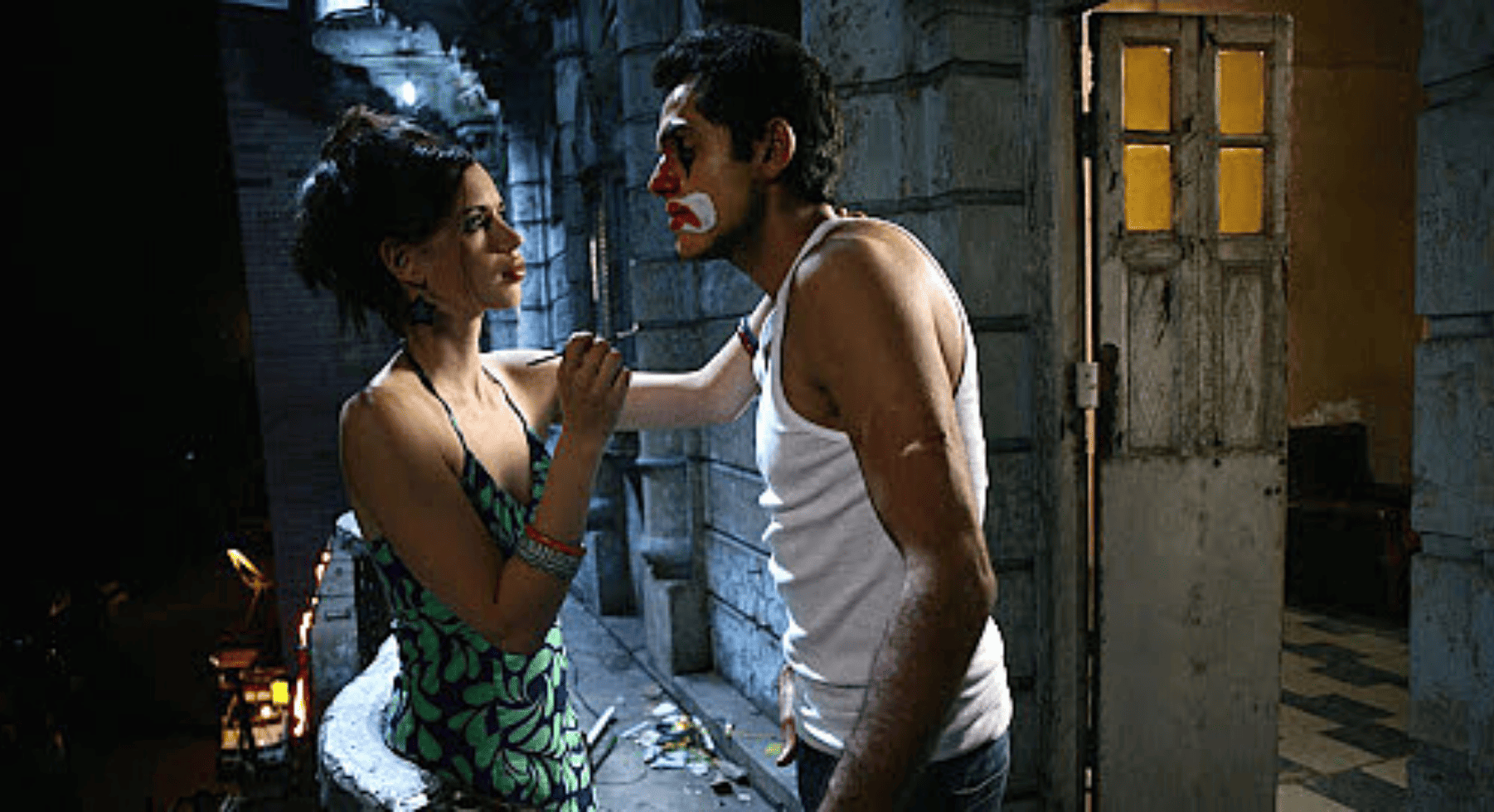In the documentary “Vulnerable Histories (A Road Movie)”, Koki Tanaka questions the ethnic homogeneity of Japanese society by introducing two individuals with migrant background.
”
“Vulnerable Histories (A Road Movie) ” is screening at the
International Film Festival Rotterdam 2019

Christian's grandparents immigrated from Japan to California in the 1910s. His mom, who was born in the US, later married a Swiss man. Christian himself grew up in the US and Europe. In the film, he meets up with Woohi, who is the third generation of Koreans living in Japan. She represents the so-called “Zainichi” community. Together, they start a journey discovering their biographies and dealing with the status of minorities in Japan.
As part of an exhibition at the Migros Museum for Contemporary Art in Zurich, the film has a workshop character. We encounter these two people in different situations. They attend a lecture about Zainichi Koreans, where they learn about the political implications bound to the topics of hate speech and racism. Then they visit Fujima Park in Kawasaki, a place where a lot of anti-Korean demonstrations take place. And finally, Christian and Woohi talk to the director of a human rights organisation, who enlightens us about the massacres of Koreans that took place in Japan.
The descriptions of the latter are very disturbing and shake up the historical understanding of Japan. Another breaking point is the lecture about the Anti-Hate Speech Act, which was implemented in 2016 and is further discussed in the lecture. Combining the racist crimes of the past with the lack of juridical commitment in the present, Koki Tanaka reveals a blind spot of the Japanese state. He poses the question: “How can one live with racists?”.

By pointing the finger to the problem, underlining it with first-hand experiences and linking it to a history of discrimination, the viewer is put in an unsettling state. The film complains about the current idea of living together inside a feigned monoethnic society. On the screen, these bullet points are laid upon a clean look. Innocent, light filters represent a harmonic world that hides a dark secret underneath. The editing is often demystifying, showing the crew behind the camera and opens the space. Therefore the documentary shifts between a very formal structure and a way of challenging the viewer's mindset in an unconventional way.
My favorite part of the film is the epilogue. The director sits inside a bar and retrospects with his crew about the project. The setting is chosen on purpose by Koki Tanaka, who describes the relationship between himself and his interviewees like a bartender to his guests. The last sequence is not touched by the Zainichi topic and is rather philosophic, about filmmaking. This releases the viewer into a more relaxed atmosphere.

In my opinion, the change of mood at the end is important because the attention of the viewer is somewhat stressed throughout the movie. “Vulnerable Histories (A Road Movie)” confronts the audience with a lot of facts, thrown at us in a head-on situation. This can be exhausting for people who are not familiar with Zainichi. Tanaka presents us a contemplating movie, that gives room for Christian and Woohi to comprehend and order their thoughts. We are their witnesses on their journey.
Ultimately, this is a movie about identity and the in-between state that a lot of people have to deal with. In Japan the concept of identity is based on inclusion and exclusion. People like Christian and Woohi are caught in this dilemma. But this is not only a movie that sheds light on the Japanese situation. In one dialogue with Woohi, Christian gives an account of the current situation in Europe and about right-wing movements that are threatening the multicultural societies of many Western countries. So it adds up to both discussion, in Japan and the Western World, and links the two problems together. If you try to locate this film inside the field of Zainichi Cinema, “Vulnerable Histories (A Road Movie)” is not showing strong, emancipated characters. It focuses more on the confusion, victimizing its protagonists.


